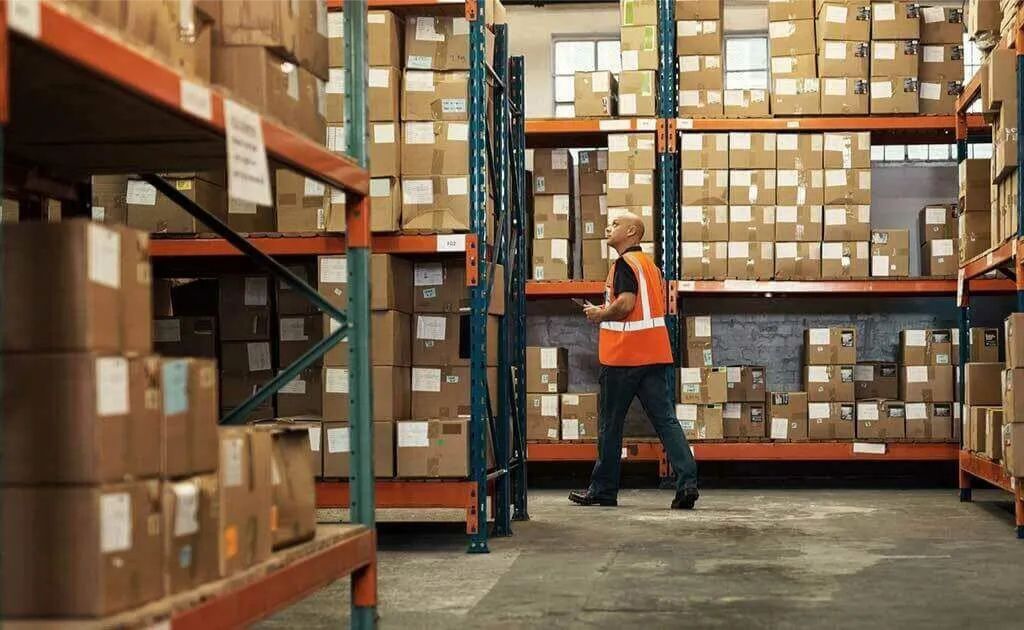In today’s global marketplace, wholesale distributors are integral to ensuring that products reach retailers, businesses, and consumers. As intermediaries between manufacturers and retailers, they play a vital role in the supply chain. Wholesale distributors purchase goods in bulk from manufacturers and sell them in smaller quantities to retailers or other businesses. This article explores the significance of Distributor, their functions, and how they contribute to the efficiency and profitability of businesses.
What is a Wholesale Distributor?
A wholesale distributor is a company or individual that buys goods in large quantities directly from manufacturers or suppliers and resells them in smaller quantities to retailers, businesses, or sometimes directly to consumers. Wholesale distributors typically operate within a specific industry, such as electronics, clothing, or food products, providing businesses with a range of goods at competitive prices.
Unlike manufacturers, who create products, and retailers, who sell directly to consumers, wholesale distributors act as middlemen, facilitating the movement of goods from production to retail. They usually deal with bulk orders and manage large inventories, offering a wide array of products in their warehouses.
The Importance of Wholesale Distributors in the Supply Chain
Wholesale Distributors serve several key functions in the supply chain, making them essential for businesses in various sectors. Below are the major roles they play:
- Inventory Management and StorageOne of the primary functions of a wholesale distributor is to handle inventory management. Manufacturers may not have the resources or infrastructure to store large quantities of goods, especially if they produce products for a wide range of customers. Wholesale distributors step in to take on the responsibility of warehousing goods and ensuring they are ready for timely delivery.This is particularly beneficial for smaller businesses or retailers that cannot afford to stock large quantities of products. Wholesale distributors help businesses avoid the risk of overstocking or understocking, ensuring the right amount of inventory is available when needed.
- Bulk Purchasing and Cost SavingsWholesale distributors purchase goods in bulk directly from manufacturers, which often results in significant cost savings. They pass on these savings to retailers and other customers by offering products at lower prices than if they were to buy them from manufacturers directly.For smaller businesses, this arrangement is a great way to source products at competitive prices without the capital or volume required to buy directly from manufacturers. For larger businesses, working with distributors ensures they can maintain a steady supply of products while still taking advantage of bulk pricing.
- Product Availability and Distribution ChannelsWholesale distributors have established distribution networks that ensure the timely delivery of products across regions or even globally. They manage the logistics of getting goods from manufacturers to retailers, often using established partnerships with shipping companies and warehouses.Distributors often have access to products from various manufacturers, which allows businesses to source a diverse range of items without needing to establish multiple relationships with different suppliers. This is especially helpful for businesses that want to stock a variety of products without dedicating excessive time and resources to sourcing them.
- Risk Management and FlexibilityWholesale distributors help businesses manage the risks associated with inventory. They offer flexibility to retailers, enabling them to order goods on a just-in-time basis, which reduces the need to tie up capital in large inventories. Distributors also bear much of the risk related to the storage, transport, and handling of products, freeing businesses from these burdens.Additionally, distributors often have established relationships with suppliers, which means they are in a better position to handle supply disruptions or shortages. This enables businesses to continue operating smoothly, even when faced with unexpected issues in the supply chain.
- Specialized Knowledge and SupportWholesale distributors often have in-depth knowledge of the products they sell and the markets they serve. They can provide valuable advice, training, and customer support to their clients. This is particularly beneficial in industries where products are complex or technical, such as electronics or industrial equipment.Distributors may also offer services like market research, promotional materials, and product updates, ensuring that businesses can stay competitive and informed about market trends and new product releases.
Types of Wholesale Distributors
Wholesale distributors can be classified based on the products they sell and the services they provide. Below are the main types of wholesale distributors:
- Merchant WholesalersMerchant wholesalers are the most common type of distributor. They buy goods in bulk from manufacturers and resell them to retailers or other businesses at a profit. These wholesalers typically own the goods they sell, which allows them to control pricing and manage inventory more effectively. Merchant wholesalers are usually highly involved in logistics and the movement of goods from manufacturers to customers.
- Agents and BrokersAgents and brokers act as intermediaries between manufacturers and buyers but do not take ownership of the goods. Instead, they earn a commission for facilitating transactions. They are especially prevalent in industries such as real estate, food, and pharmaceuticals, where products may require specialized knowledge or regulation.
- Wholesale Distributors with Value-Added ServicesSome distributors go beyond merely selling products and offer value-added services such as packaging, assembly, or customization. These types of distributors may work with manufacturers to provide specialized products tailored to the needs of specific businesses or industries.
- Drop ShippersDrop shippers are a unique type of wholesale distributor that allows retailers to sell products without keeping them in stock. When a customer places an order, the retailer forwards the order to the drop shipper, who then ships the product directly to the customer. Drop shipping is common in e-commerce businesses and helps retailers minimize inventory costs while offering a wide selection of products.
Choosing the Right Wholesale Distributor
Selecting the right Bj Wholesale distributor is crucial for the success of any business. Here are some factors to consider when choosing a distributor:
- Product Selection and QualityEnsure the distributor offers a diverse selection of products that match the needs of your business. The quality of the goods is also important, as subpar products can negatively impact your business reputation.
- Pricing and Payment TermsCompare pricing between different distributors to ensure you get the best value for your investment. Be sure to understand the payment terms, including discounts for bulk orders or early payments, as these can significantly affect your bottom line.
- Customer Service and SupportExcellent customer service is key to maintaining a smooth business relationship. Choose a distributor who is responsive, helpful, and willing to provide support when needed.
- Reliability and TimelinessThe distributor should have a proven track record of delivering products on time and without errors. A reliable distributor can ensure that your business doesn’t face delays or disruptions in its operations.
- Technology and Order ProcessingModern wholesale distributors often offer online ordering systems that streamline the ordering process. Look for a distributor that offers easy-to-use platforms, accurate tracking systems, and real-time updates on stock levels.
The Future of Wholesale Distribution
The wholesale distribution industry has undergone significant changes in recent years, largely driven by advancements in technology. The rise of e-commerce, digital marketing, and online ordering systems has reshaped how distributors and retailers interact. Moreover, trends such as automation, artificial intelligence, and data analytics are helping distributors optimize their supply chains and improve customer service.
As e-commerce continues to grow, wholesale distributors will play an increasingly important role in helping businesses keep pace with consumer demand. By providing fast, efficient, and cost-effective services, distributors will remain key players in the global supply chain.
Conclusion
Wholesale distributors are a vital part of the supply chain, offering numerous benefits to manufacturers, retailers, and other businesses. They manage inventory, handle logistics, provide cost savings, and offer valuable market insights. For businesses looking to stay competitive, partnering with the right wholesale distributor can make all the difference in ensuring that products are delivered on time, at the right price, and in top-quality condition.
Understanding the role of Wholesale extracts flavorfrenzy distributors and choosing the right partner is essential for businesses looking to optimize their supply chain, reduce costs, and enhance customer satisfaction. Whether you’re a small retailer or a large corporation, working with a reliable wholesale distributor can help you grow your business and maintain a strong presence in the market.



Leave a comment
Your email address will not be published. Required fields are marked *